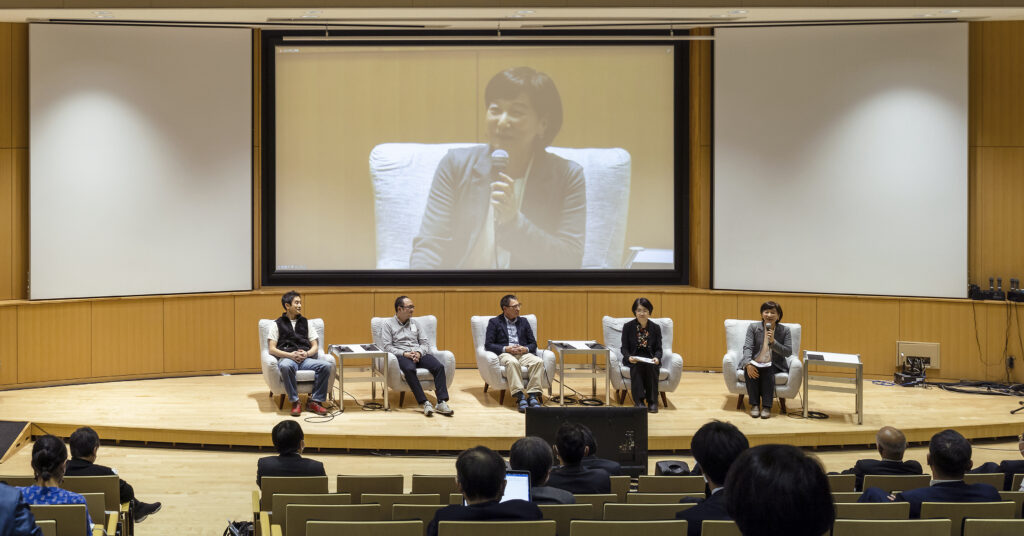[ad_1]
Students across the world who have been unable to enter Japan for study due to the current COVID-19 entry ban mostly feel that their mental health has deteriorated, a private survey showed Thursday.
Davide Rossi, who runs a Tokyo-based company helping foreign students study in Japan, said his online survey conducted for 10 days through Sunday found that 58.4% of 3,115 respondents felt their mental health “significantly declined” and 26.2% “slightly declined.”
Japan has banned entries by foreigners in principle since Nov. 30 following the global spread of the highly contagious omicron virus variant.

Students unable to come to Japan complain about being forced to alter their life plans and having to rely on online classes at inconvenient hours due to time differences, Rossi said.
“In total, almost 85% said they are mentally affected,” he said during an online news conference, adding that the Japanese government should “stop considering international students a major threat” to the country’s fight against the pandemic.
Rossi said the government should “start accepting international students immediately as every other G7 and OECD country is already doing,” referring to nations belonging to the Group of Seven and the Organisation for Economic Co-operation and Development.
“At least, the government should present a clear road map as to how students will enter the country,” said Rossi, who set up an organization last April to support foreign students affected by Japan’s border controls.
One respondent was quoted as saying, “It got so bad that I contemplated suicide many times,” and that she should have chosen to learn Korean instead “because all my friends who chose that are enjoying their life and not feeling suicidal every day.”
Giulia Luzzo, a 27-year-old Italian graduate school student, said during the news conference that a scholarship for studying at a Japanese university she had been qualified to receive was canceled since she could not travel to Japan, forcing her to give up her dream of becoming a researcher of Japanese literature.
“I could not give up living in Japan, so I decided to continue to learn Japanese to work in Japan in the future. But sometimes I feel that all of my hard work would end up in vain,” she said.
Instead of studying in Japan, 46.4% of the respondents switched to studying in a different country. Among those who made such a change, around 27% picked South Korea, the survey showed.
The respondents are of 101 nationalities, with 83.7% under 30 years of age.
During the online news conference, Japanese language teacher from Myanmar Htoo Zaw Htat said his petition campaign demanding a relaxation of Japan’s border controls for overseas students has collected over 34,000 signatures as of Thursday since it started on Jan. 7.
In a time of both misinformation and too much information, quality journalism is more crucial than ever.
By subscribing, you can help us get the story right.
SUBSCRIBE NOW
[ad_2]
Source link







![[Sign up by July 29] 2022 Saitama City Comprehensive Disaster Prevention Training Fair [Sign up by July 29] 2022 Saitama City Comprehensive Disaster Prevention Training Fair](http://en.saitama-u.ac.jp/wp-content/uploads/2022/06/Disaster-Prevention-Training-Fair_page-0001-e1656561113802.jpg)













